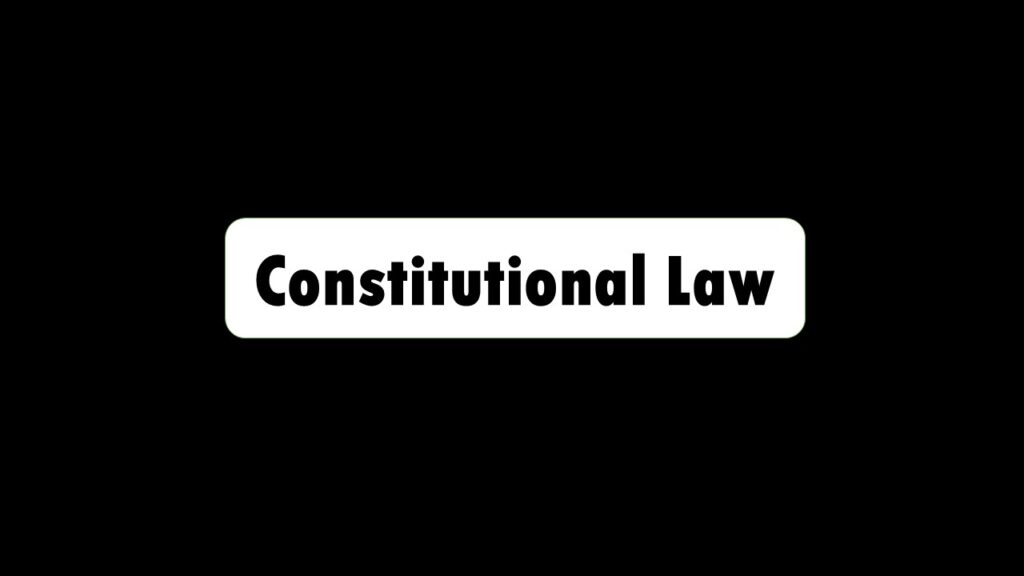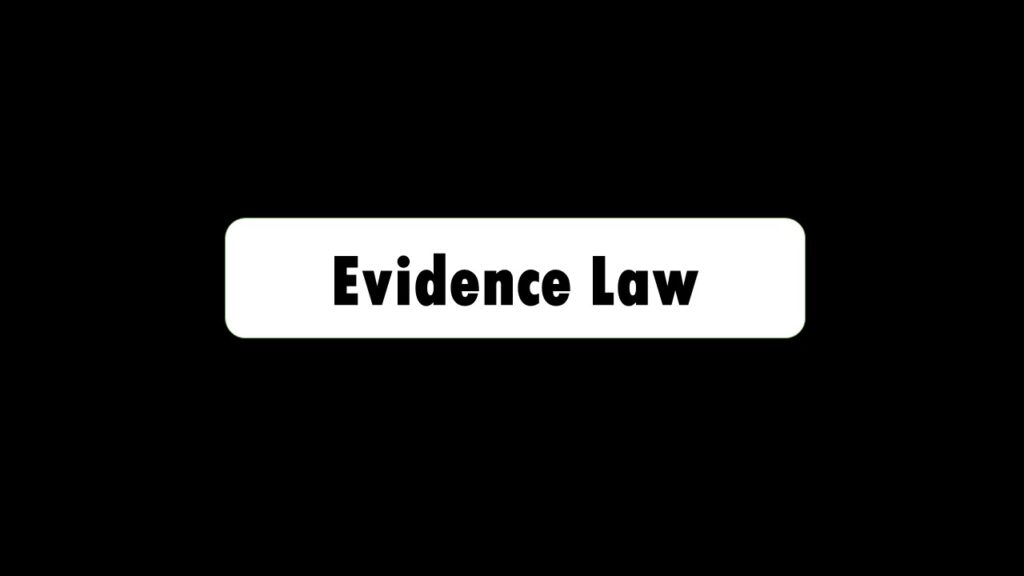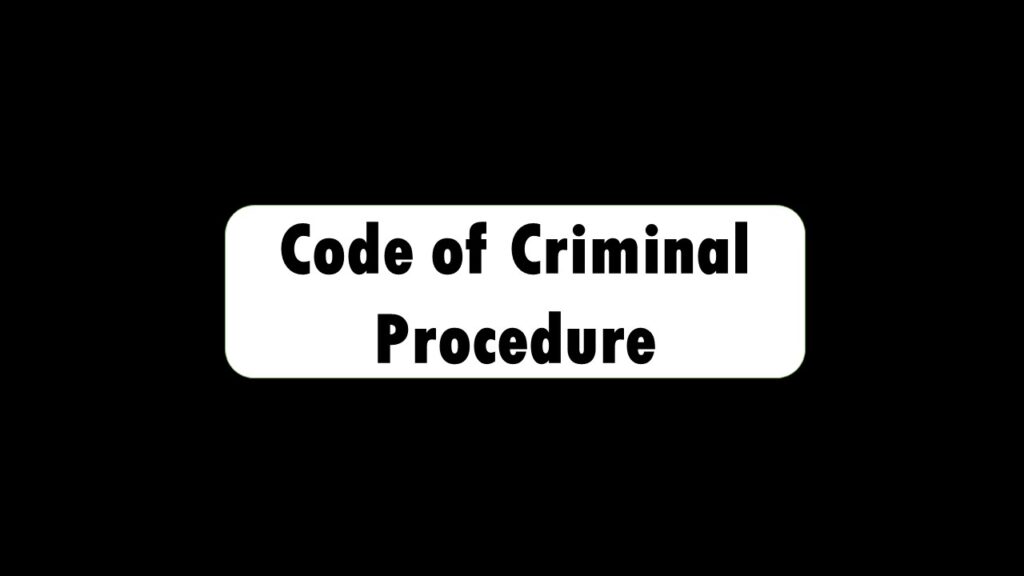S.C. Bagari vs. Union of India (UOI) and Ors. [MANU/HP/0143/1993]: Himachal Pradesh High Court Arbitrariness can take many forms and shapes but whatever form or shape it takes, it is nonetheless discrimination 20. Article 14 of the Constitution guarantees equal protection of State action. The guarantee of equal protection embraces within it the entire realm […]
Law in one Paragraph
This page contains notable observations of different Courts of India and abroad which is a settled law now.
Muppudathi Pillai vs. Krishnaswami Pillai [AIR 1960 Mad 1]: Madras High Court The remedy under S. 39 is to remove a cloud upon the title, by removing a potential danger but it does not envisage an adjudication between competing titles 12. The principle is that such document though not necessary to be set aside may,
Suhrid Singh v. Randhir Singh, [(2010) 12 SCC 112]: Supreme Court of India Relief of executant and non-executant against a deed and payment of amount of court fee 7. Where the executant of a deed wants it to be annulled, he has to seek cancellation of the deed. But if a non-executant seeks annulment of
Relief of executant and non-executant against a deed and amount payable a court fee Read More »
Virendra Singh vs. State Of M.P [Criminal Appeal No.1316 of 2002]: Supreme Court of India Distinction between section 34 and section 149 of the Indian Penal Code 51. There is a substantial difference between these two sections with which we would deal in the later part of this judgment. When several persons, numbering five or
Distinction between section 34 and section 149 of the Indian Penal Code Read More »
Rohit vs. State [CRL.A. 333/2020 & CRL.M.(B.) 7465/2020]: Delhi High Court Conviction on the sole evidence of the child witness is permissible, if the witness is found competent and the testimony is trustworthy 21. The law on the evaluation of the testimony of a child victim is well settled. This Court in the case of
Lillu vs. State of Haryana [AIR 2013 SC 1784]: Supreme Court of India Even in cases where there is some material to show that the victim was habituated to sexual intercourse, no inference of the victim being a women of “loose moral character” can be drawn 11. In State of Punjab v. Ramdev Singh, AIR
Chandrappa & Ors vs State Of Karnataka [2007 4 SCC 415]: Supreme Court of India General principles regarding powers of appellate Court while dealing with an appeal against an order of acquittal 42. From the above decisions, in our considered view, the following general principles regarding powers of appellate Court while dealing with an appeal
Vishal Rajendra Jadhav And Ors vs. The State of Maharashtra [Criminal Appeal No. 1265 of 2011]: Bombay High Court Magistrate can charge accused for less grave offences despite charge sheet being having been filed for graver offence 3. It is quite clear that, in deciding whether action shall be taken by him under sub-s. (2)
Balwant vs The State of Maharashtra [Criminal Appeal No.292 of 2009]: Bombay High Court Fine cannot be imposed more than one suggested by the Code 7. Text of the section 323 of the Indian Penal Code manifestly makes it clear that imprisonment attracted to Section 323 of the Indian Penal Code is of “either” “or” description i.e. either imprisonment for a term which may extend to one year, or
Fine cannot be imposed more than one suggested by the Code Read More »
A. Shyamal Bihari Mishra and Ors. vs Girish Narain Missir and Anr. AIR 1962 Pat 116 It is a cardinal principle of the law of procedure that the decree should agree with the judgment. Where, therefore, its decree is at variance with its judgment, and, when the decree does not correctly express what was really





